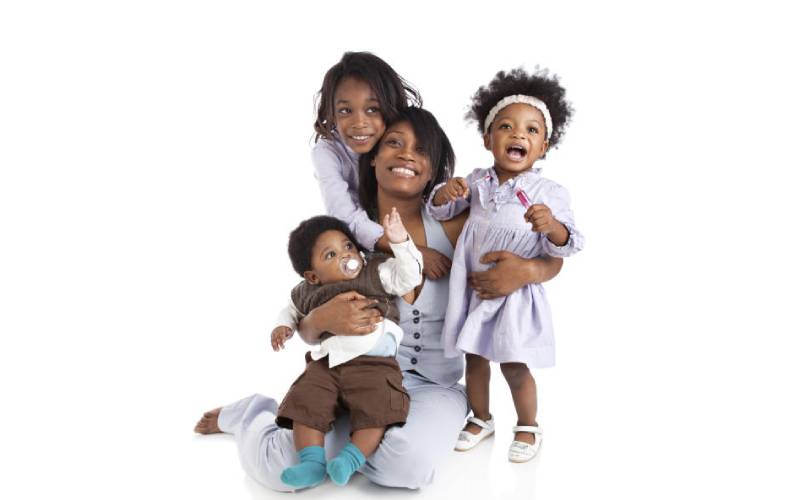×
The Standard e-Paper
Join Thousands Daily

Educated women are socio-economically empowered to earn a decent living. [Courtesy]
Jeridah Lalwei, 30, from Marigat in Baringo County, was reluctant to seek healthcare after experiencing persistent abdominal pains when she was five months pregnant.